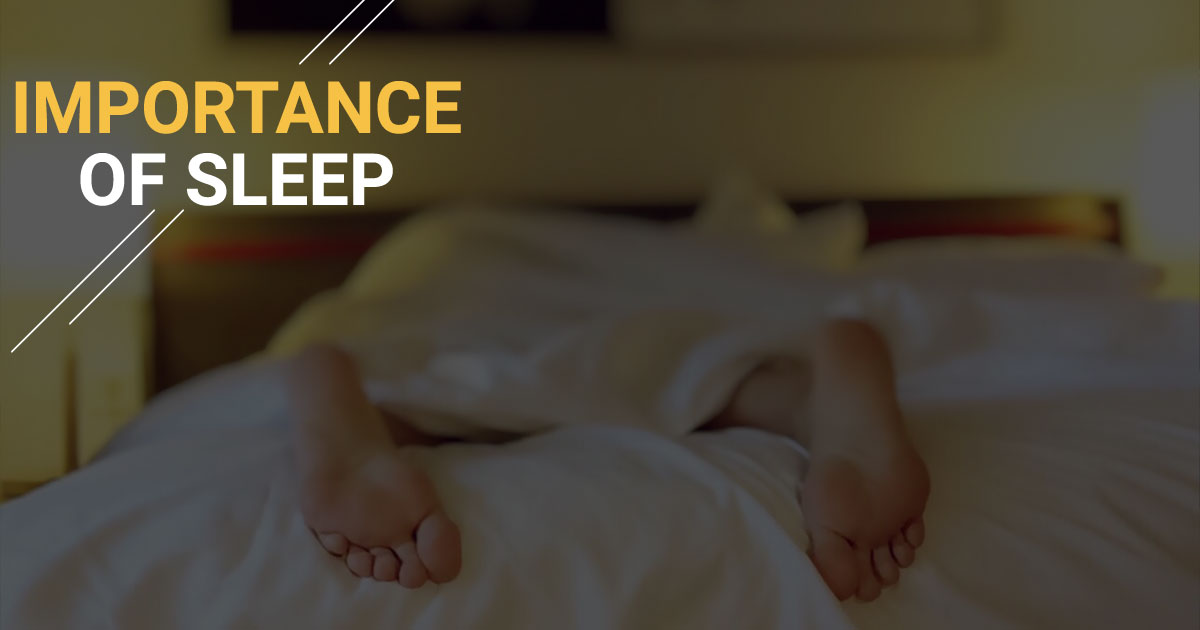
Article by Kim Doerksen
In today’s society the value of sleep is often discounted. Saying such as: “I’ll sleep when I’m dead”; or “sleep is for the weak”, results in a negative connotation towards sleeping. Athletes of any caliber can benefit from the simplicity of a good night’s sleep. Between 7 to 9 hours is seen as the optimal duration to allow for psychological, physiological and physical recovery benefits.
Psychological Benefits
- Reaction times: in running this may not seem relevant, but there are many situations where if one is in a sleep-deprived state, the consequence could be a risk of injury. For example: jumping out of the way of a distracted driver or cyclist; navigating one’s footing in the trails; or dodging out the way of other pedestrians.
- Focus: trying to navigate your way through a workout, especially complex ones, can be difficult while in a fog. Attention and focus on the task at hand can fly out the window if one is too tired.
- Motivation: runners are usually self-motivated individuals, so if cumulative fatigue creeps into one’s routine, the temptation of staying in bed or doing a less strenuous task will become too much to overcome, that it will result in decreased motivation and ultimately a break in routine.
Physiological
- The human body is an incredibly intelligent being. Many of the fundamental functions our body has in order to keep us alive, occur on a sub-conscious level. The fine-tuned processes, like hormonal release, keep us in a balanced state and help in our sleep cycles. Without too much detail, the body has various stages of sleep, and the hormonal release that occurs during each stage helps in one’s every day functioning. Ignoring natural signals and forcing ourselves to stay up late; or having too much artificial light (from lamps, TV, cell phones etc.) all effect the natural release of these hormones and therefore disrupts our circadian rhythms.
Physical
- Injury risk: many studies have shown the difference in injury risk in athletes who experience sleep-deprivation, and those who have a good sleeping routine. Well rested? Less injuries. Simple as that.
- Illness frequency: sleep allows the body to rest and rebuild after a day of training, working, and living life. If those precious hours of rest are cut short, the body’s ability to maintain its health becomes an increasing difficult task, and can make one susceptible to getting sick.
Want a more in-depth look at the importance of sleep? Check out this article from the National Strength & Conditioning Association.







